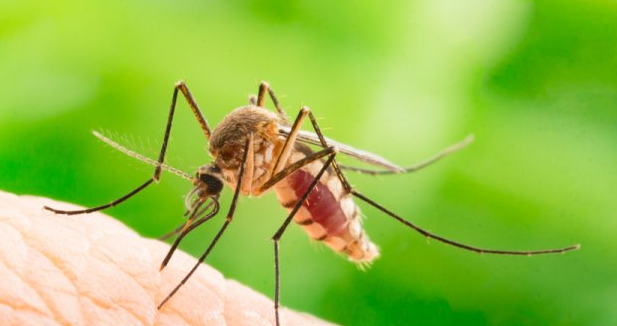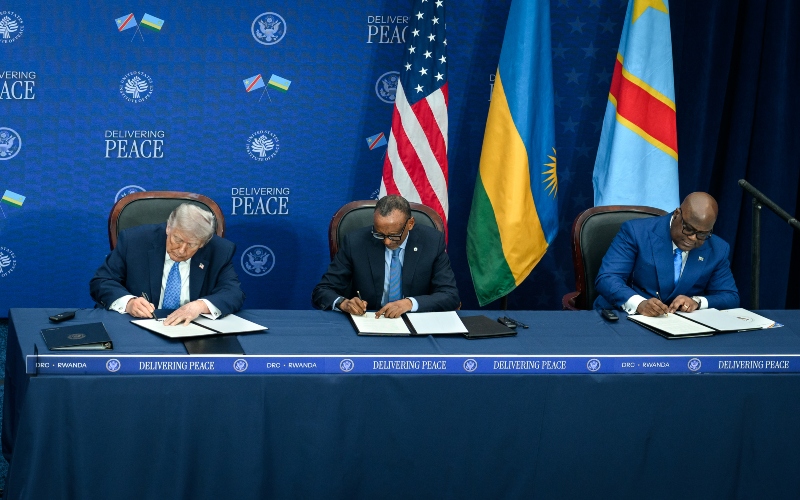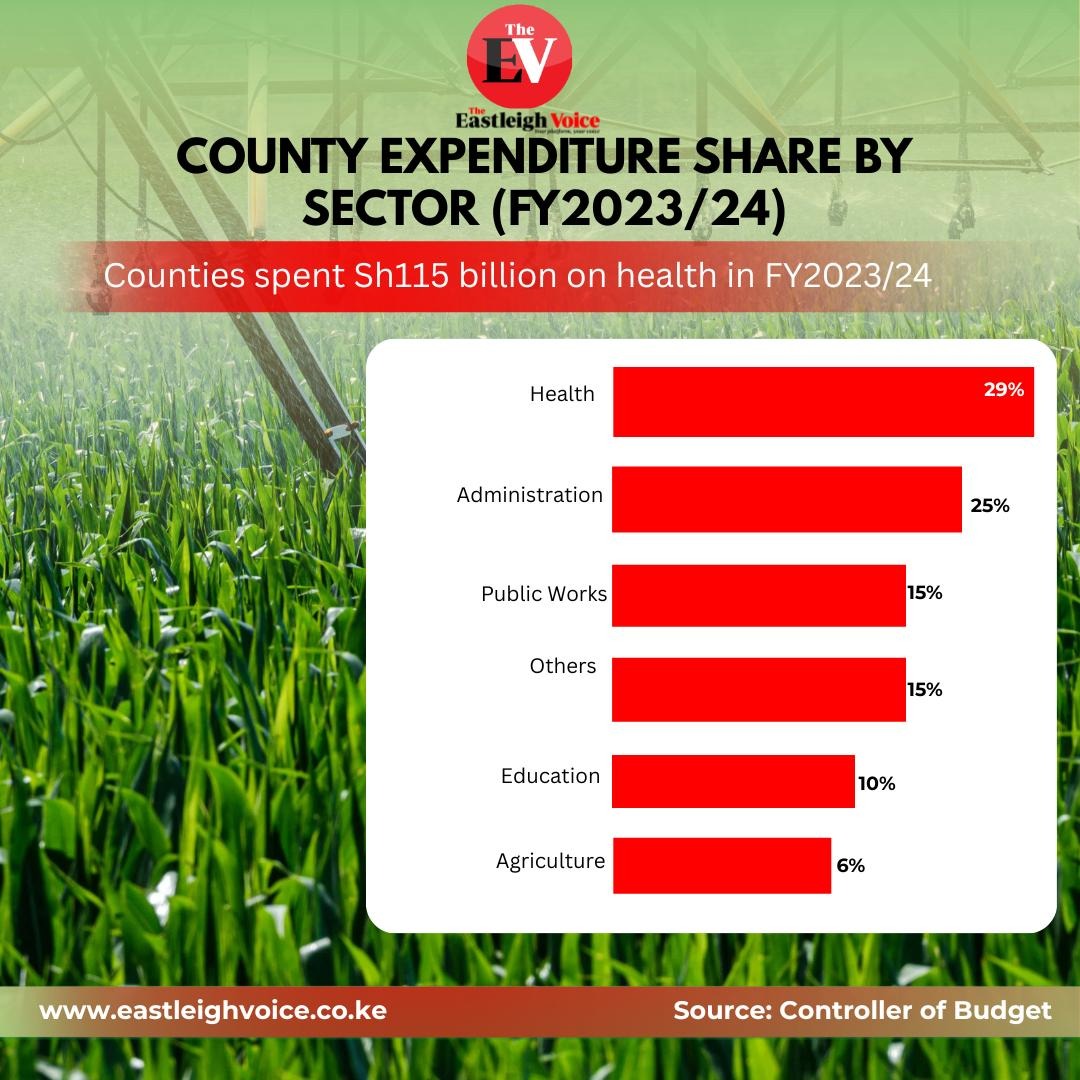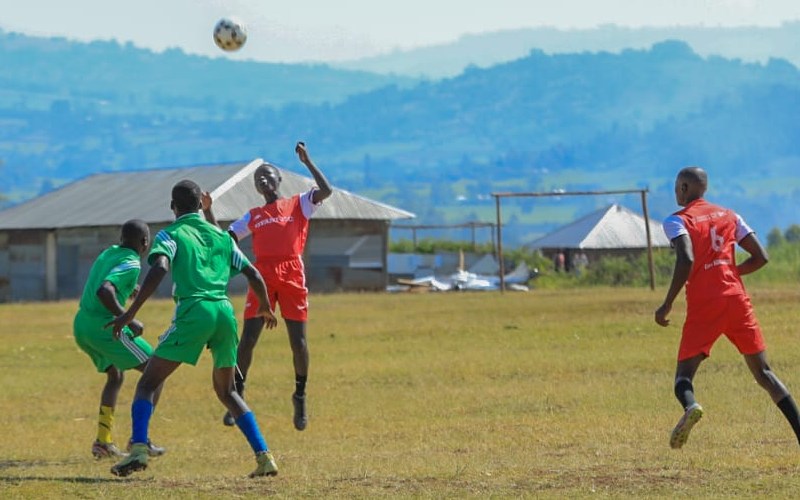Six Rift Valley Fever cases reported in Marsabit, Wajir

Surveillance and response mechanisms in all the hotspot areas have been activated.
The Marsabit County government has confirmed an outbreak of Rift Valley Fever (RVF) in the county after four cases were reported in the region.
Speaking to journalists on Friday during a County Steering Group meeting, Deputy County Governor Solomon Gubo said that, out of the 43 samples sent to the KEMRI, four tested positive for RVF.
More To Read
- Wajir South MP condemns relocation of orphaned giraffes to Nanyuki
- Historic water project launched to end generations of scarcity in Northern Kenya
- Rift Valley fever: What it is, how it spreads and how to stop it
- How changing weather patterns fuel Rift Valley Fever transmission
- Marsabit Senator urges Senate to resolve CHP payment delays, water project setbacks
- Landmark moment as Eldas TTC set to transform Wajir’s education landscape
“No fatalities have been reported,” Gubo said.
The county collected seventeen samples on January 9, 2024, from North Horr Sub-County, Saku (14), Moyale (11), and Laisamis (1).
Surveillance and response mechanisms in all the hotspot areas have been activated, especially in the Shurr area of the North Horr sub-county, which had many cases.
He added that two other cases of the RVF were also reported in the neighbouring county of Wajir.
He called on the residents to be on high alert.
Gubo further appealed for support from the national government and other stakeholders to avert any RVF-related deaths in the region.
Similar appeals have also been issued by Marsabit County Health CEC Grace Galmo. She pleaded with the national government to heighten surveillance and provide nets.
“We appeal for any necessary support from all stakeholders and the national government,” Galmo said.
In a press release, Government Spokesperson Isaac Mwaura also confirmed that there were cases of RFV in Marsabit and Wajir counties.
He assured the residents that the government had dispatched 1.2 million insecticide-treated bed nets to the affected regions.
World Health Organisation (WHO) describes RVF as a viral zoonosis that primarily affects animals but also has the capacity to infect humans. It is transmitted by mosquitoes and blood-feeding flies. In humans, the disease ranges from a mild flu-like illness to severe haemorrhagic fever that can be lethal.
Other Topics To Read
Top Stories Today












































